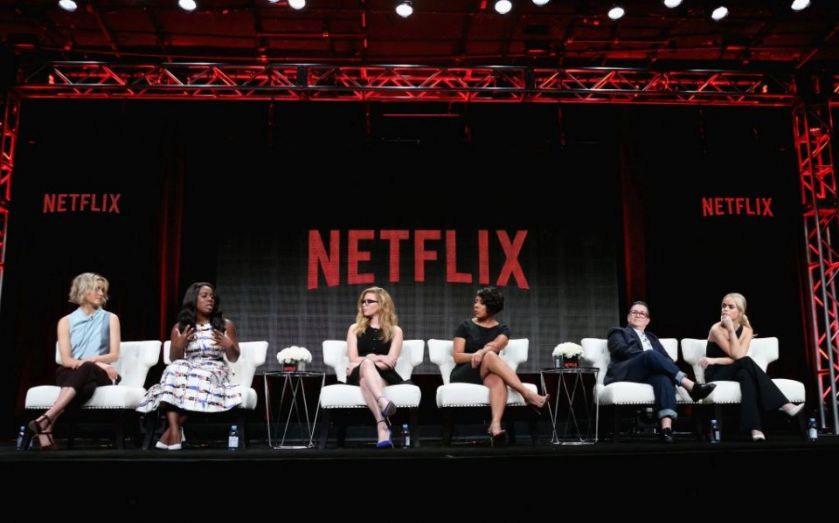Digital Single Market: The impact for marketers

The European Commission’s Digital Single Market (DSM) strategy aims to remove cross-border regulation, making it easier for digital businesses to operate across Europe. The EU estimates that it could add €415bn to GDP and create 3.8m extra jobs.
The Commission’s latest proposals, released last week, cover copyright and digital contracts, and seek to make it easier for consumers to buy and access digital content across the European Union. They would force online content service providers like Netflix to offer cross-border portability to their customers.
Restrictions that prevent consumers from accessing content from one EU country in another, also known as “geo-blocking”, are widely practised by YouTube, Netflix and many others to ensure that content is only broadcast in licensed territories. But consumers regularly resort to virtual private networks, or illegal downloading, to access music, films, TV programmes they want to watch. So what might the impact of these latest proposals be for the marketing industry?
It is not yet clear, but some have expressed concern that only big media organisations and their advertisers stand to benefit. Smaller groups and independent channels may be dissuaded from purchasing the rights to a particular TV programme, for example, when the same content can be accessed by the viewer via another broadcaster in a different country, says Bird & Bird, a law firm.
Representatives from the Commission have tried to offer reassurance. “We know some have concerns about our reform plans; for example, filmmakers who want to preserve their business model to make films, essentially based on the territoriality of rights”, said vice president Andrus Ansip and commissioner Gunther H Oettinger. “Let’s make it clear – we do not want to change anything that works and we do not want to change pan-European licences.”
But it is the Commission’s separate work on updating the EU Data Protection Directive which could cause data dependent marketers most discomfort. Proposed changes could see companies fined for big data breaches, for example.
Brands may also be required to seek a more explicit form of consent before they can use data. And they may be restricted to using customer data for one purpose, and be forced to seek approval to use it multiple times, explains Communications Axis, a marketing agency. “Many brands take advantage of such data to help them with profiling of their target audience at a macro level, and of individuals within their target audience at a micro level. Furthermore, tracking data and segmenting of their audience data will only be allowed when consent has been granted.”